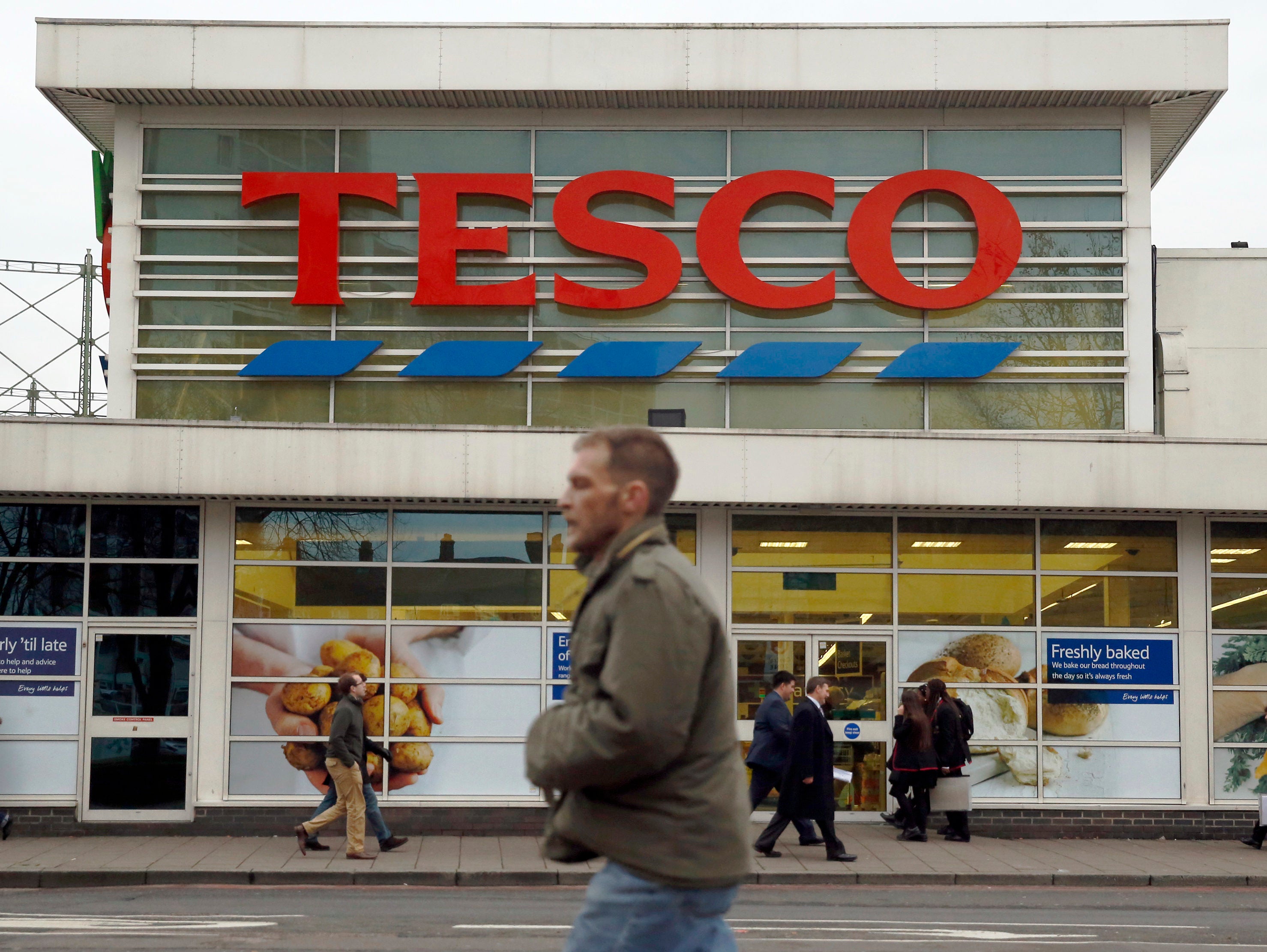
The media boss of supermarket giant Tesco has pushed publishers to “take more responsibility” for making sure brand adverts don’t appear beside potentially harmful content.
Tesco head of media and campaign planning Nick Ashley said his ad spend budget was being “siphoned off” towards ad verification – a service checking that ads appear where intended – because he could not trust publishers to ensure paid-for adverts were “safe”.
His comments, reported by The Drum and Marketing Week, follow fallouts between advertisers and UK newsbrands over ad placements next to reports on the far-right terrorist attack in New Zealand last week.
The New Zealand Herald reported that several companies in the country pulled adverts from Facebook and Google as the gunman’s livestreamed mass shooting could still be seen on their platforms.
London North Eastern Railway commercial director tweeted that the company was not happy with its advert appearing next to Mail Online coverage of the mosque massacre, which included clips from the livestream video (later taken down).
Speaking at an Advertising Week Europe panel yesterday, Ashley said: “What’s frustrating is that advertisers are being made to pay for the tech that ensures their ads are in a safe environment.
“I’d like to see publishers taking more responsibility.”
He added: “Every £1 that I want to spend against my customer is being siphoned off to ad verification technology and other bits of tech.
“I want to trust the publisher environment that the buy is going to be safe; increasingly I can’t do that because it’s getting so complex.”
Guardian chief commercial officer Nick Hewat, who also appeared on the panel, said there was a “grey area” around what was considered a safe environment by brands, according to The Drum.
He went on to claim that some advertisers were “blacklisting” their adverts from appearing beside political topics deemed to be “toxic”.
Advertiser worries may stem from 2019 Edelman Trust Barometer research that found a third of people believed brands were at fault if their adverts appeared beside inappropriate content.
Picture: Reuters/Luke MacGregor
Email pged@pressgazette.co.uk to point out mistakes, provide story tips or send in a letter for publication on our "Letters Page" blog
